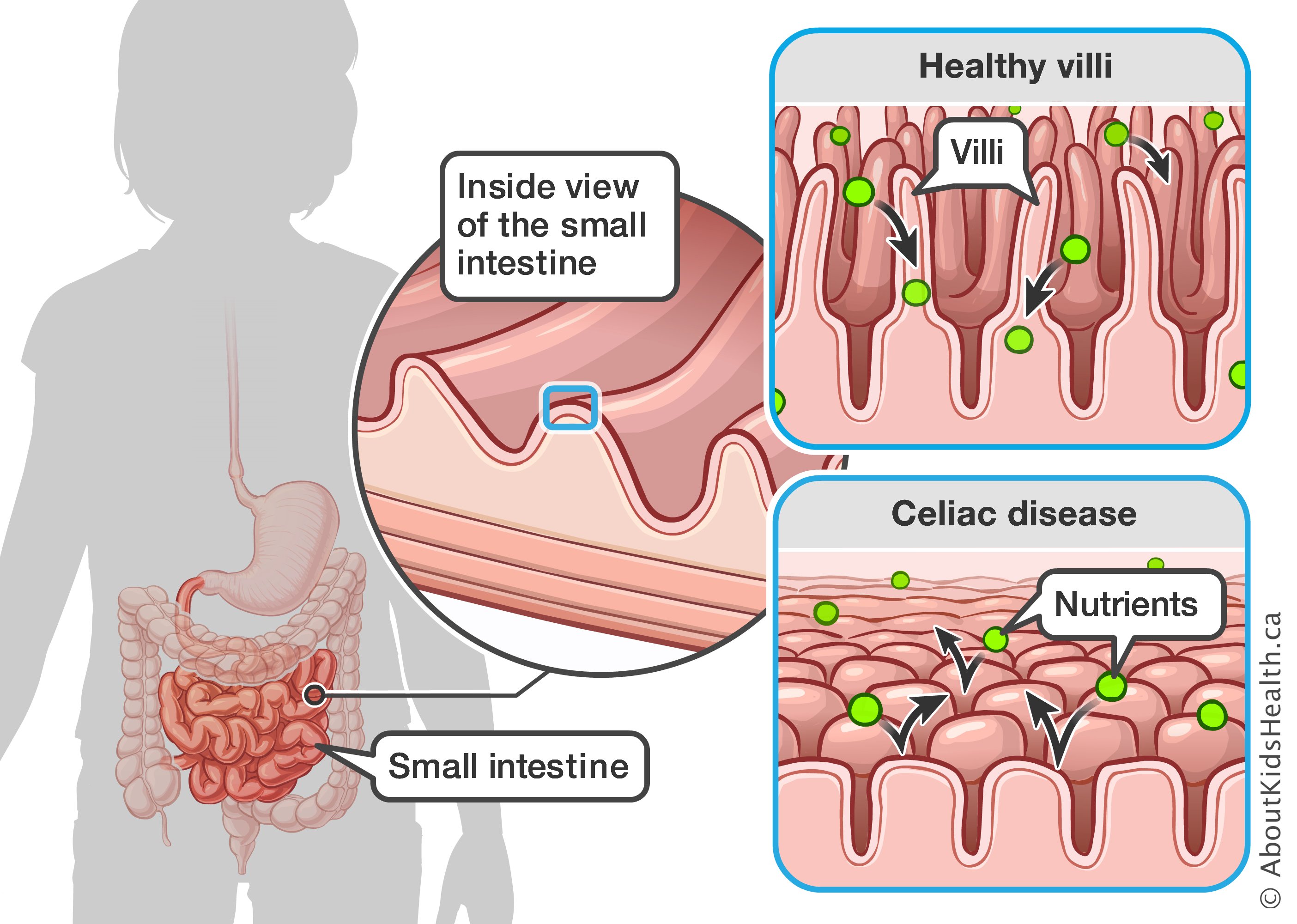Regular physical activity has a range of benefits for your physical and mental health. But sometimes it is difficult to know exactly what type of exercise is best and how much activity should be part of your routine every week.
How exactly is physical activity good for my health?
Physical health
Regular physical activity helps your bones become stronger and builds a healthy heart and stronger muscles. When you exercise, your body releases chemicals called endorphins. These natural painkillers can ease certain types of stomach or back pain as well as improve mood.
Brain function
Regular moderate-intensity exercise can help improve your focus and memory. Exercise also helps you improve your motor skills (such as hand-eye co-ordination), problem-solving skills and ability to learn new things. Not surprisingly, these all combine to help you do better at school and other activities.
Emotional and mental health
The endorphins that the brain releases during exercise help to improve your mood, energy levels and even your sleep.
If you experience a lot of unwanted thoughts, for instance, exercise can help your brain focus on the demands of the physical activity instead. This helps you develop new skills and achieve a sense of accomplishment.
If you feel sad, a focus, such as a sport, may relieve some of your feelings. Being with others and sharing experiences with them can foster friendships and help you feel less alone. Even working towards common goals, for example as part of a team, can help you develop a sense of achievement, which can improve how you feel.
Sometimes we get too focused on the way we look. However, regular activity helps us see and appreciate all the amazing things our bodies can do. Over time, we can realize that feeling healthy is an important reason on its own for making sure our body stays strong.
I know physical activity is good for me, but I rarely feel like doing it
If you have depression or anxiety, or even just an “off” day, exercise may be the last thing on your mind. Remind yourself that you don’t need to be the best or the fastest, but try to do some physical activity because you will likely feel better afterwards.
Remember, physical activity releases those chemicals called endorphins that will make you feel less anxious and sad and can put you in a good mood. If you’re doing something your own, make a deal with yourself to do just 10 or 15 minutes (if you can) to start off – sometimes when you actually get started you might feel like doing more. Even a short five-minute walk puts you further ahead of the person sitting on the couch.
If you find it hard to motivate yourself every day, try setting some weekly goals, like “I’m going to do something physical at least once per week.” It’s okay to start low to begin with. Many apps can help you track your activity and some even offer rewards for a certain level of activity each day or week. Other things to keep you motivated include doing an activity with a friend so that it’s harder to skip, trying something new or trying different activities each time to give you some variety.
We want to hear from you!
AboutKidsHealth is trying to improve the information and education we provide young people (aged 12-18) and families through our website. Please take 5 minutes to complete our Adolsecent Health Learning Hub survey.

